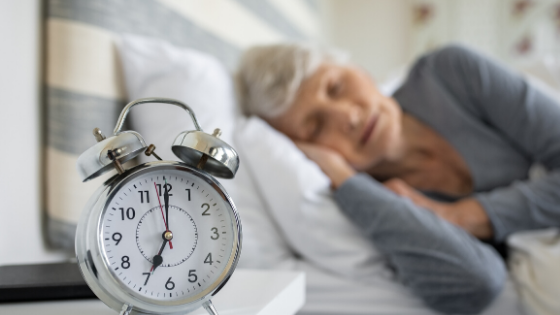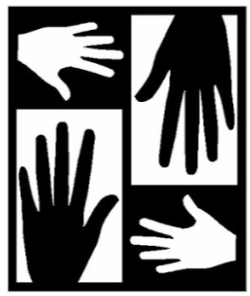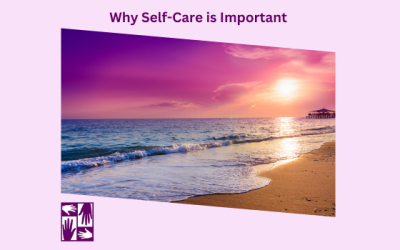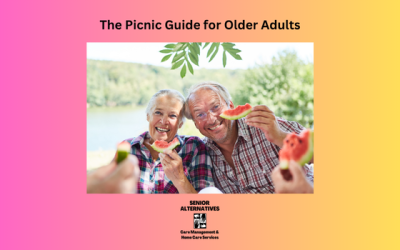January 28, 2020

Restful sleep is one of the building blocks to good health. Many mistakenly believe that seniors don’t need as much sleep as younger adults, but that’s not the case. Seven to eight hours per night is a good range for most adults, though elders often don’t get enough, or don’t get all of their sleep just at night.
Seniors often must deal with impediments to good sleep, like medications that might keep them awake, boredom from not enough activity and stimulation, or even the lack of sunlight in their day if they don’t get out enough. Care managers and caregivers are careful to monitor the sleep patterns of their geriatric clients to see if there are ways to make improvements or at least minimize any risks from sleep challenges.
Here are some tips for better sleep for seniors (though they work for everyone else too!):
- Don’t nap too much during the day (preferably no more than a thirty-minute nap).
- Keep to a fairly regular sleep schedule – bedtime and wake-up time.
- Get outside for some sunlight, as often as possible.
- Exercise/move your body throughout the day so you’re more tired in the evening.
- Talk to your doctor if you’re concerned about sleep apnea, nighttime urination, medications that might be impacting sleep, depression or restless leg syndrome.
Don’t assume that you can’t get a good night’s sleep at any age. Check with the doctor to see what options might be available based on your specific sleep challenges!
Don’t assume that you can’t get a good night’s sleep at any age. Check with the doctor to see what options might be available based on your specific sleep challenges!
Related Articles
International Self-Care Day 7/24
The date, 7/24 symbolizes the idea that self-care should be practiced 24 hours a day, 7 days a week. It’s a gentle nudge to make self-care a daily priority, not just a once-a-year activity. Read more on ways to create a self-care plan.
Summertime is here, let us help you plan the perfect picnic…
Summertime is a great time to enjoy the outdoors and plan a picnic, the perfect opportunity to bring joy especially for seniors in your life. With a bit of thoughtful preparation, you can create an experience that is both comfortable and memorable. To help you get started, here are some tips and ideas to plan a senior-friendly picnic that prioritizes accessibility, safety, and relaxation.
Boost Cognitive Function Through Brain Exercises
Just like the rest of your body, your brain changes and adapts over time. Through a concept known as neuroplasticity, your brain can form new connections, strengthen existing ones, and even recover lost abilities. Regular mental exercises can have a significant impact on your brain health. Read on to know more…





